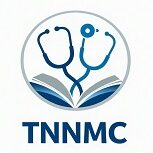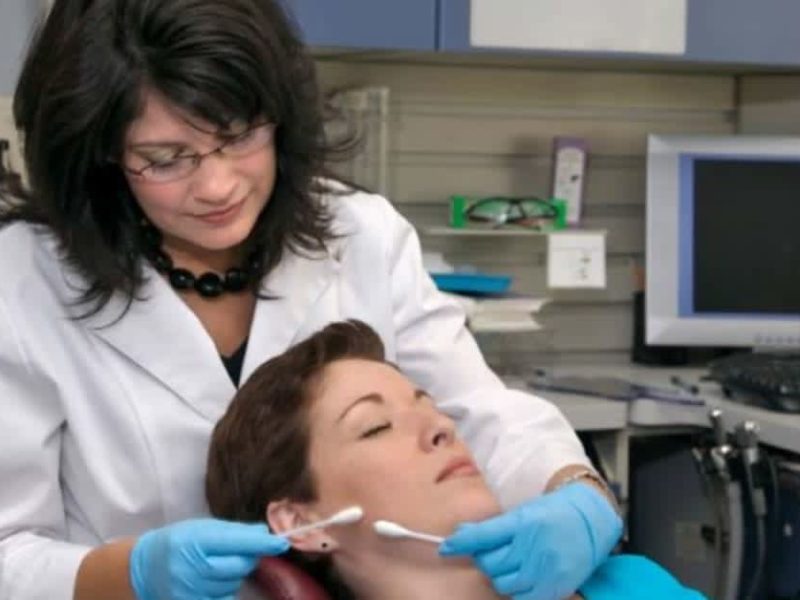Becoming a nurse practitioner typically requires six to eight years of education, although the duration can vary based on your current qualifications and educational background. Nurse practitioners are highly educated medical professionals with extensive health knowledge and patient-care experience. While their expertise is highly valued in the job market, it takes time to cultivate.
This article not only explores the timeline for becoming a nurse practitioner but also delves into their responsibilities, job prospects, and the necessary career path. By gaining insight into this captivating profession and its role in the healthcare sector, you can better grasp the reasons behind the required timeframe and determine if it aligns with your aspirations.
What is a nurse practitioner? Duties and job outlook.
A nurse practitioner (NP) is an advanced practice registered nurse (APRN) with a master’s degree and specialized training, capable of assessing patients, diagnosing medical conditions, and creating treatment plans. Often mistaken for registered nurses (RNs), NPs perform similar duties to physicians in diagnosing and treating patients. In certain states, NPs require physician approval to prescribe medication, a responsibility granted to physicians in all states.
Duties
Nurse practitioners carry out crucial responsibilities to deliver high-quality healthcare to patients. These include:
- Diagnosing health problems and providing treatment
- Ordering, performing, and analyzing diagnostic tests
- Taking samples, such as blood work
- Prescribing medication (in some states)
- Counseling patients
- Performing some non-complex medical procedures, such as suturing a wound
- Educating patients on health-related issues and lifestyle changes
Job outlook and salary
The job prospects for NPs are extremely promising. According to the U.S. Bureau of Labor Statistics (BLS), career opportunities for nurse anesthetists, nurse midwives, and nurse practitioners are projected to grow by 40 percent (much faster than average) from 2021 to 2031. In comparison, the BLS forecasts that overall job growth in the US will be 7.7 percent from 2020 to 2030.
This high demand also brings with it significant earning potential. In 2022, NPs earned a median annual salary of $121,610, several times higher than the national individual median salary of $61,900 for the same year.
How many years of school to be a nurse practitioner?
Nurse practitioners must hold a master’s or doctoral degree in nursing, typically requiring six to eight years of schooling. This educational journey is usually structured as follows:
| Degree | Approximate Average Years |
|---|---|
| Bachelor’s degree | 4 |
| Master of Science in Nursing (MSN) | 2 |
| Doctor of Nursing Practice (DNP) | 4 |
Note: Pursuing a DNP does not necessitate a master’s degree, so acquiring both a bachelor’s and doctoral degree would take around eight years. For all three degrees, the timeline extends to approximately 10 years.
How do you become a nurse practitioner?
Becoming a nurse practitioner requires acquiring the essential knowledge, experience, and qualifications, which entails a comprehensive process from start to finish.
1. Get a bachelor’s degree.
In order to qualify for a master’s or doctoral program in nursing, you must first have a bachelor’s degree. While a Bachelor of Science in Nursing (BSN) will likely best prepare you for graduate study, you can actually apply to a graduate degree program in nursing with a non-nursing degree as well.
Read more: How Do Travel Nurses Impact Patient Care?
Already an RN?
Many registered nurses complete their training through accredited nursing or associate’s degree programs, equipping them with the necessary skills for professional work despite lacking a bachelor’s degree.
In such cases, these nurses should explore RN to BSN programs, which can lead to a BSN in just nine months. To cater to those with busy schedules, numerous educational providers offer flexible online programs.
2. Become an RN.
Becoming a nurse practitioner requires prior registration as a nurse. The educational prerequisites for becoming a registered nurse vary across states, with the most common paths being a BSN, associate degree program, or an accredited nursing program. Contact your state’s nursing regulatory body (NRB) to determine eligibility for the National Council Licensure Examination for Registered Nurses (NCLEX-RN).
Upon meeting state requirements, you can take the NCLEX-RN. Preparation is crucial as the exam assesses critical thinking and decision-making skills rather than mere memorization.
3. Obtain a graduate degree in nursing.
To become a nurse practitioner, you can pursue two graduate degrees: a Master of Science in Nursing (MSN) or a Doctor of Nursing Practice (DNP). The MSN typically takes two years of full-time study, delving into topics like health care informatics and evidence-based practices.
On the other hand, the DNP is the highest nursing degree, building on MSN topics and preparing students for leadership roles. Completion time ranges from 18 months to four years based on prior experience and credentials. Your choice between MSN or DNP hinges on your professional goals and life circumstances, with both degrees qualifying you for the nurse practitioner role.
4. Get licensed.
Upon obtaining your graduate degree, you become eligible to take either of the certification exams required for nurse practitioner licensure. These exams are the American Nurses Credentialing Center (ANCC) exam and the American Association of Nurse Practitioners (AANP) exam. While the ANCC exam focuses more on research and the AANP exam leans towards clinical practice, passing either one suffices for NP licensure in your state.
Next steps
The field of healthcare is dynamic, with evolving knowledge, practices, and tools. Prepare for your future in healthcare with Coursera through our flexible online courses.
The Integrative Nursing Specialization at the University of Minnesota equips learners to collaborate with patients in developing personalized integrative care plans.
Meanwhile, the Anatomy Specialization at the University of Michigan provides comprehensive insights into the human body, covering everything from the skeletal system to the muscular system.
With Coursera, you can gain the necessary knowledge and skills to excel in your NP career.
Whether you are just starting out or looking to advance your current practice, our courses offer a range of topics and expertise to meet your needs.
From pharmacology and pathophysiology to diagnostic reasoning and healthcare policy, our courses cover all aspects of advanced nursing practice.
We also offer specialized tracks for specific populations such as pediatrics, gerontology, and women’s health.
But it doesn’t stop there – Coursera also provides opportunities for networking with other NPs from around the world through discussion forums and peer-to-peer learning.
You can also earn continuing education credits by completing our courses, helping you stay up-to-date on the latest research and best practices in the field.
Our team of experienced NP instructors, many of whom are actively practicing in various specialties, bring real-world knowledge and insights to the courses.
They are dedicated to helping you enhance your skills and knowledge, ultimately enabling you to provide high-quality care to your patients.
Furthermore, our flexible online learning platform allows you to complete courses at your own pace, fitting into your busy schedule as a working nurse practitioner.
And with our affordable pricing options, including financial aid for those who qualify, we strive to make advanced nursing education accessible for all.
Join thousands of other NPs on www.tnnmc.org and take the next step in advancing your career today.
North Carolina Needs More School Nurses To Help Students Recover From Pandemic Learning Loss



